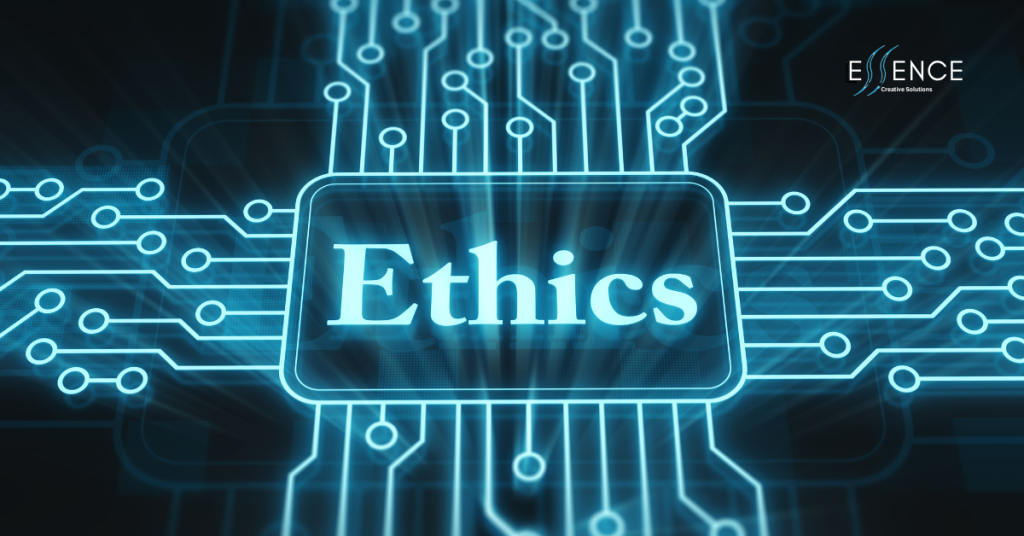In today’s digital age, Meta is leading the way in integrating artificial intelligence into digital marketing. This combination has the potential to revolutionise how businesses engage with their audiences, providing new opportunities for personalisation and efficiency. However, this revolution also presents ethical challenges that brands need to address. In this article, our digital marketing agency located in Singapore and Bali will explore advanced personalisation strategies, the ethical challenges of using AI, integrating AI into multichannel marketing, and making predictions for digital marketing with Meta’s AI.
Advanced Personalisation
Meta’s artificial intelligence enables brands to achieve a new level of personalisation by creating highly individualised user experiences. Through the use of advanced algorithms, Meta can analyse large volumes of user data to identify unique patterns and preferences. This allows brands to more precisely segment their audiences and customise their content to meet the specific needs of each segment. For instance, a company can utilise artificial intelligence in Meta marketing to deliver personalised ads based on a user’s past shopping behaviour and previous interactions with the brand.
Additionally, brands can enhance their strategies by implementing campaign automation through Meta’s AI technology. Automation allows brands, in partnership with a community manager agency, to manage ad campaigns that automatically adjust based on real-time user feedback. This will not only help brands increase campaign efficiency but also significantly improve return on investment (ROI). By automating repetitive tasks and continuously analysing data, brands can focus on creative and more impactful strategies.

Ethical challenges in using Meta AI for marketing
Artificial intelligence in marketing presents several ethical challenges, particularly to user privacy. Meta’s ability to collect and analyse large amounts of personal data raises concerns about how this data is used and how users’ privacy is respected. Brands must balance effective personalisation and respect for privacy, ensuring that data practices are transparent and compliant with regulations.
In addition, AI algorithms can be subject to bias, resulting in inadvertent discrimination. It’s crucial that brands and Meta work to identify and mitigate these biases in algorithms, ensuring that ad campaigns are fair and equitable. This includes constantly reviewing and adjusting algorithms and being vigilant with respect to the ethical implications of automated decisions.

Multichannel Marketing and AI
Integrating Meta’s artificial intelligence into multichannel marketing strategies enables brands to maintain consistent and personalised communication across different platforms. By using AI to analyse and synchronise data from multiple channels, brands can ensure that messages are consistent and relevant, regardless of where the user interacts with the brand. This improves the user experience and strengthens the brand’s identity.
In addition, when applied to marketing and other digital marketing tools, Meta’s artificial intelligence can lead to a more cohesive and effective marketing strategy. For example, brands can combine insights from Meta’s marketing AI with data from other platforms, such as Google Analytics or CRM, creating a holistic view of customer behaviour. This integration allows for better decision-making and the creation of more targeted and effective campaigns.
Predictions of digital marketing with AI
The future of digital marketing with Meta’s AI looks promising and will change the game. AI will get better, giving us deeper insights and more personalised experiences. Brands will be able to predict trends and what customers want more accurately, helping them to plan ahead and be more effective in their marketing. With the deeper integration of AI into digital marketing, we can expect increased automation and optimisation of advertising campaigns. This will not only cut costs and improve efficiency but also enable brands to concentrate on generating innovative content and delivering exceptional user experiences. However, brands must remain aware of the ethical and privacy challenges, ensuring that artificial intelligence benefits both the company and consumers.
In conclusion, the integration of Meta’s artificial intelligence into digital marketing presents significant opportunities for personalisation and efficiency. However, it also brings about notable ethical and privacy challenges. Brands that can effectively balance these opportunities and challenges will be better positioned to thrive in the future of digital marketing.
We hope you like this article on Meta and Digital Marketing with AI: Opportunities and Challenges.




Leave a Reply